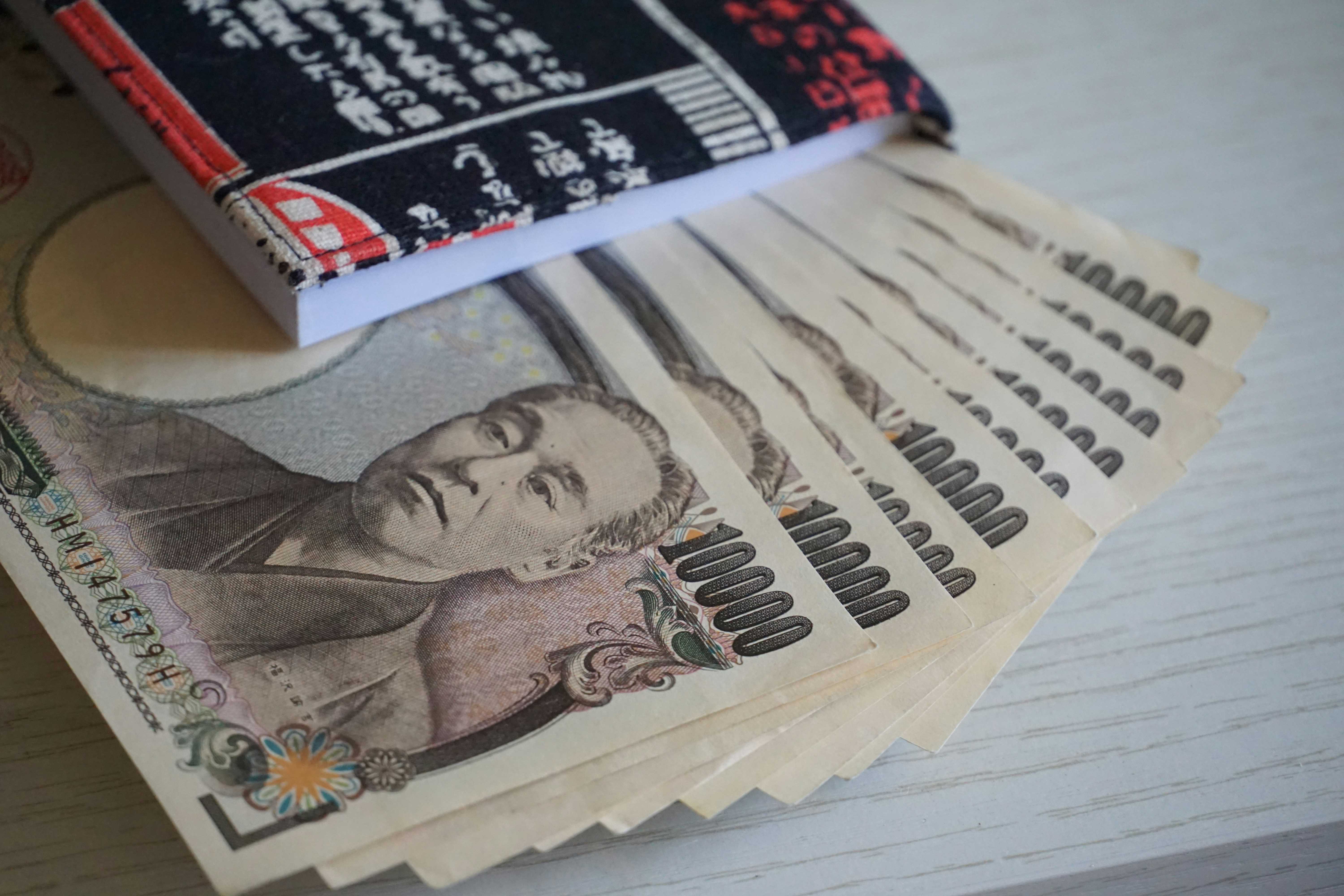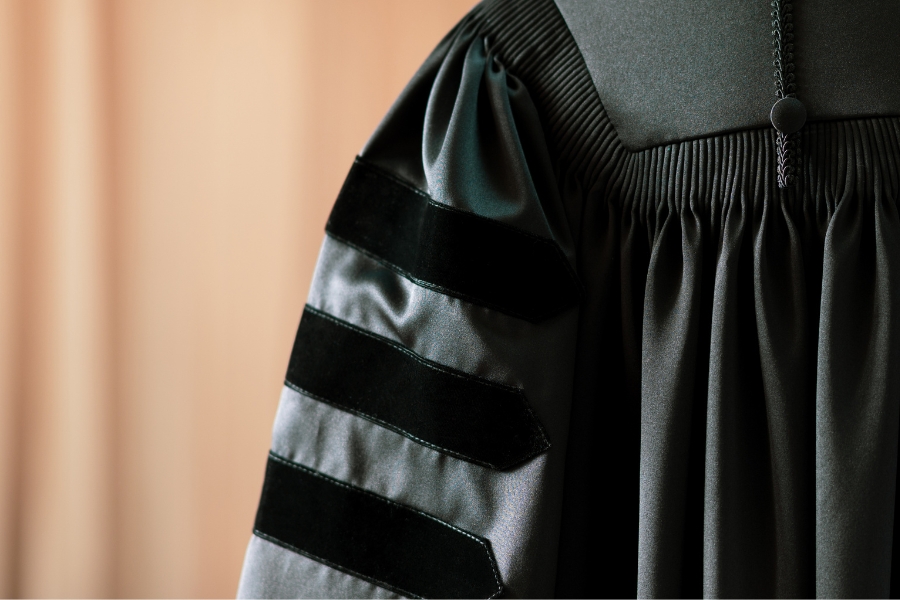Good teachers are part of the backbone of every country around the world. It might sound cliché, but it’s the truth. They help guide and shape students, often recognizing their brightest potential before they see it in themselves. Often exhausted, and sometimes underpaid, they show up day after day to ensure that children learn, grow, and prosper.
In the U.S., the average starting teacher makes just under $50,000–$60,000 a year, though this number goes up as they get more years and degrees behind them. But, although often rewarding, it’s not easy.
We took a look at a few American teachers who have taught both in the States and in other countries around the globe. Some of the differences they experienced were surprising, though it’s not as cut and dried as one might think, and they certainly didn’t always favor the non-American country. (Obviously, these are merely personal experiences and they don’t apply to every teacher in every country.)
MANDATORY CURRICULUM
A woman who goes by Haley on TikTok discussed her experiences as an American teacher working (and studying) in the U. K. She enthusiastically shares that “riding a bike and swimming” are part of the curriculum in British schools, whereas they aren’t in your average public school in the States. A few in the comments remember their time learning to ride a bike fondly, with one sharing, “Omg I completely forgot about the cycling proficiency stuff! I couldn’t ride a bike till I was about 9 so it was actually really great to learn safety.”
In New Zealand, @kiwiamericans breaks down the vast difference between teaching in the States and teaching in New Zealand. She’s not a primary teacher, but rather a “professor by trade” and has had kids “go through every single grade” in the school system. She points out in a TikTok clip that Te Reo Māori (an official Indigenous language of the country) is taught to the students and used often throughout the school day.
DRESS CODE
One American teacher, Lexi Brooke, took to TikTok to share stories about her time teaching abroad at an English conversation school in Japan. She notes, for context, that in the U.S., she worked at both public and private schools, and as a private tutor for young children, teens, and adults. She shares, “I don’t have a dress code at my job in Japan. Isn’t that crazy? So I’ll wear tank tops, I’ll wear jeans. I’ll wear skirts, but above the knee… shock! But as long as it’s appropriate, I’ll wear it to work. Isn’t that crazy?”
According to the PPTA in New Zealand, it’s not quite as casual in the public schools, but has a similar vibe. Their website states, “Teachers as professionals need to dress in an appropriate manner.” While they don’t state exactly what that means, their union helps them negotiate it. “The best way to resolve individual cases regarding whether or not a particular item of clothing is appropriate is by direct discussion and negotiation.”
SCHOOL YEAR
A high school friend of mine moved to Japan to teach years ago. He shares, “The academic year for Japan begins April first and finishes at the end of March. There is the same basic division of years: elementary, junior high, and high school, with the exception that junior high is three years, and high school is three years. Japanese kids only have at most six weeks of a Summer break, and their spring and winter breaks are not more than 10 days. Also, kids in Japan are seemingly never away from some kind of school activity. They are constantly plugged into club activities and will tell you that they spend their breaks doing more studying and homework.”
SUPPORT FROM BOSSES
Brooke is pleased with her boss. “My boss actually cares about my personal time. So if he thinks I’m working too hard, he’ll say like, ‘Ya know, take it easy. Stop working so hard. Take a break. Relax.’” She adds, “”I don’t have to fundraise to get materials I need for class, like markers or laminating sheets. My boss just provides it.”
Our American in New Zealand notes that they have a pretty decent teachers’ union. She says, “You can’t sub for another teacher, because that would be overworking. You can’t work past 3:20/3:40.” She also notes they don’t expect teachers to grade papers or work in general at night or on the weekends.”
In the U.K, however, The Guardian reports that “eight in 10 primary schoolteachers in England are spending their own money to buy items for pupils who are increasingly arriving at school hungry and without adequate clothing, according to new research.”
LEARNING EMPHASIS
Haley notes that unlike public schools in the States, U.K., teachers are encouraged to talk about all religions in order to help promote tolerance. A commenter weighs in: “R.E. (religious education) is not so much about worshipping but explaining the similarities and differences between religions, so encourages understanding religious culture.”
On the New Zealand thread, a commenter points out that the U.S. actually pays more attention to neurodivergent students. “There are some good things about teaching; however, you need to go into it knowing that there is very little support for children with additional needs/neurodivergence. There is very little funding for additional support. We are also behind in our knowledge/acceptance of some things like dyslexia and other learning disabilities compared to other countries. But there are many positives too, such as learning through play in some schools in juniors, not having kids sitting in rows and teaching small groups, inquiry learning, technology used in lessons, etc. Not as ‘results driven’ as the US.”
My friend shared, regarding his experiencing teaching in Japan, that they focus differently on academic outcome than in the States. “The obsession with exams is another problematic issue in Japan. In America, content and understanding is more emphasized generally, but in Japan memorizing how to answer has priority. One is working so hard for the eventual entrance exams to each level of school, especially the university entrance exams which are really hard.
He also echoed what was discussed among New Zealand teachers, saying, “Another challenge for any teacher, but probably more for a company teacher, is dealing with any student with special issues. The thing I would be told was, ‘He is really shy’ or ‘He has difficulty paying attention.’ In America, the attention on special issues and demands to be sensitive to such people is bold and outspoken. Here, still no one wants to come forward and say that their child is different. In America, the individual is prized. Here in Japan, uniformity and conformity is valued.”
THE ATTITUDE OF THE STUDENTS

In Japan, according to Brooke’s personal experience, “When it comes to the students, there are two types of students in my personal Japanese classes. There’s the student that’s super shy and afraid to mess up. They move so slow and they’re always second-guessing themselves. Even if they know the answer, they kind of will never say it because they think they might be wrong or that they’ll get in trouble or something. That’s kind of like the old Japan strictness still resonating in them.
And there’s the other students, whose parents were trying to counteract that ‘old Japan, like strict, strict, strict.’ So these students have been raised with this sort of laissez-faire type of lifestyle where I’ll say, ‘Can you take out your books?’ and they’ll be like ‘No!’ ‘Did you just yell at your teacher?’ Or they’ll shoot finger guns and say ‘I’m angry at you, pow pow.’ And things like that, which I never encountered in any of my classes in America.”
She adds, “I’ve had some really crazy stories from my co-workers about things their students have done in class that are totally inappropriate.”
A Redditor on the subreddit page r/AmerExit notes that the student attitude can be tough in larger cities in England. Addressing an American teacher with the hopes of teaching abroad, they wrote, “You’ll probably have a miserable time teaching in London. The pupils, for the most part, will give you what appears to be a really hard time and if you don’t understand our culture of banter.”
LIVING (OR NOT SO LIVING) WAGES

In Japan, Brooke was pleased with the teacher salary. “I can easily afford to live off it, so there’s that too.” My teacher friend did note that his workload has steadily increased over the years (but still might be less than in the States.) “Japan’s economy has moved this industry towards work more, pay less, offer less benefits, and desires a high turnover.”
However, the Redditor discussing teaching in the U.K. doesn’t have it as good in terms of pay, but makes sure it’s known that public healthcare and a good transit system help counteract it. “Our salaries are a lot lower than you’d find in the US, but take into account that we don’t need to save up for healthcare or tax payments (the employer takes care of that). Also, our public transport, despite our complaints, is really quite good most of the time and you may find yourself wasting money on a car.”
In New Zealand, the teachers make a pretty decent wage according to an article on the RNZ news site. And as in many countries, the more years of experience you have under your belt, the better the salary.






























